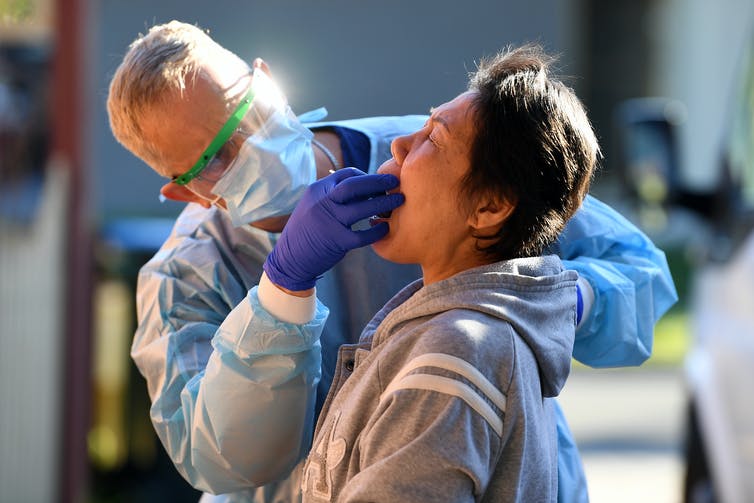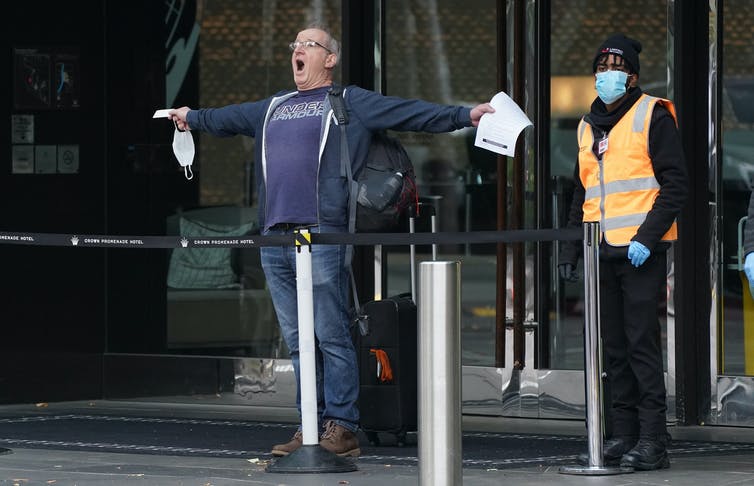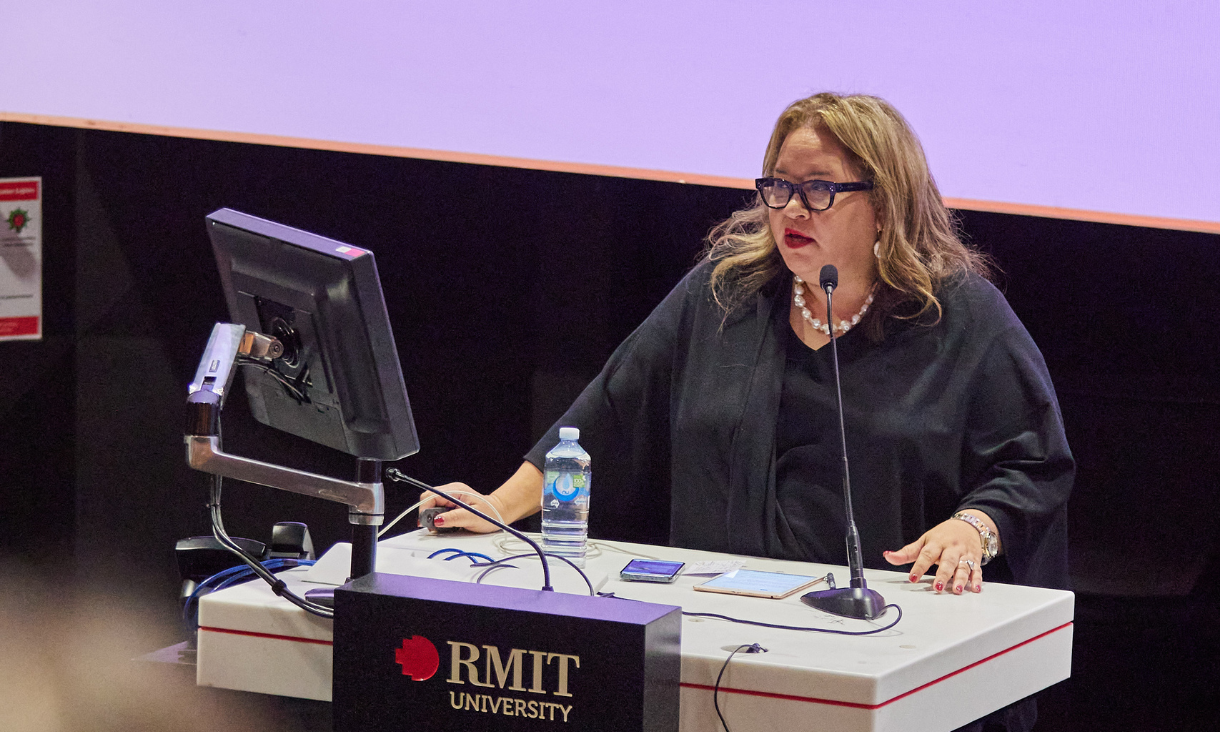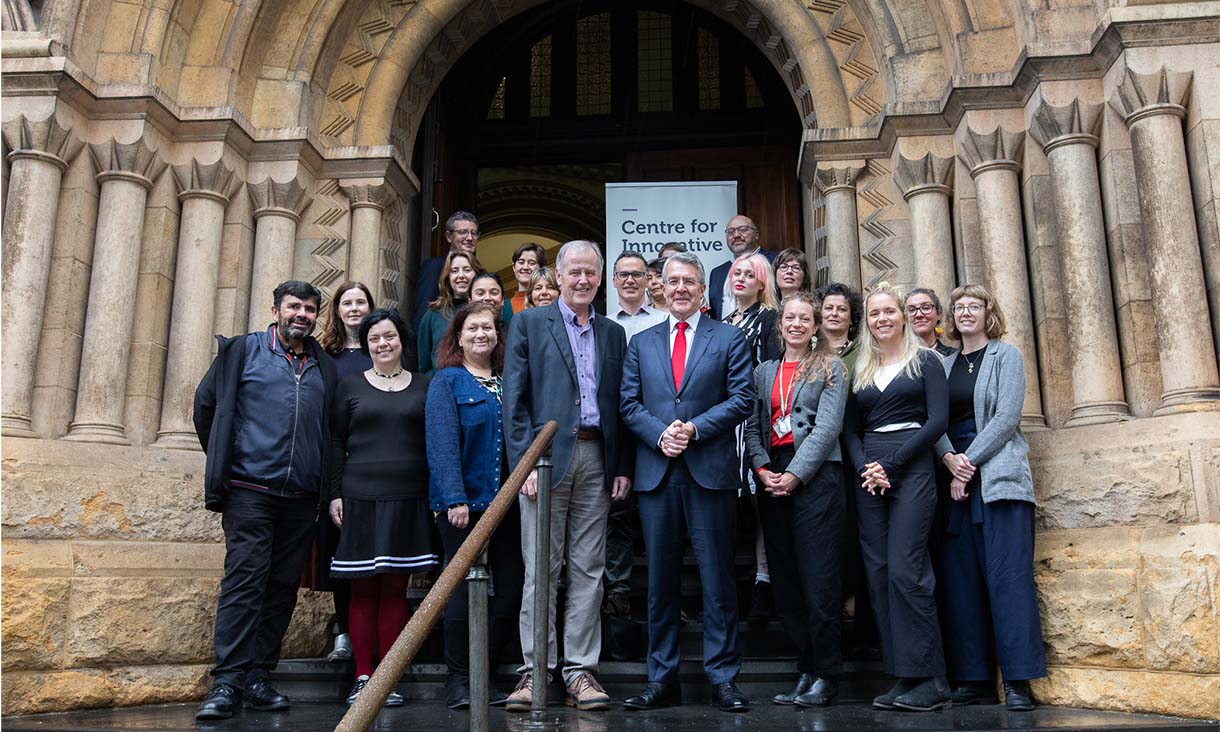The Victoria Public Health and Wellbeing Act 2008 gives the chief health officer the power to compel a person to take a test. To use this power, the officer must believe the person either
is infected with the infectious disease or has been exposed to the infectious disease in circumstances where a person is likely to contract the infectious disease.
Unlike the Commonwealth Biosecurity Act, this power seems constrained to being used as a measure of last resort. The Victorian act refers to the consideration of alternatives and a preference for the
measure which is the least restrictive of the rights of the person.
Such orders could be reviewed or challenged in the courts, but more practical challenges, including the need to have police present when conducting compulsory testing, may explain why this measure has not yet been used.
Quarantine restrictions
In the state of emergency currently in force in Victoria, the chief health officer also has the power to detain or restrict the movement of any person for as long as necessary to eliminate or reduce a serious risk to public health.
The hotel quarantine program relies on this power.
While the chief health officer must review the need for the continued detention of people at least once every 24 hours, there are no other obvious limits on this power.
In practice, international travellers entering Victoria receive notices imposing a 14-day quarantine with permission to leave their hotel rooms only for medical care, where it is reasonably necessary for physical or mental health, on compassionate grounds, or if there is an emergency.
The quarantine program in Victoria has been a clear failure, due to the alleged breaches of public health protocols.
An independent inquiry into the program is being conducted by retired judge Jennifer Coate, and Corrections Victoria will take over supervision of the program from the private security contractors who had been running it.
It is possible the newly appointed authorities - with prior experience managing prisoners - may adopt a more restrictive approach.
People detained under the new regime may find it more difficult, for example, to get permission to leave their rooms for supervised outdoor exercise.
If this approach is disproportionate to the health risk, and causes or contributes to a person’s ill health, court action may ensue.








